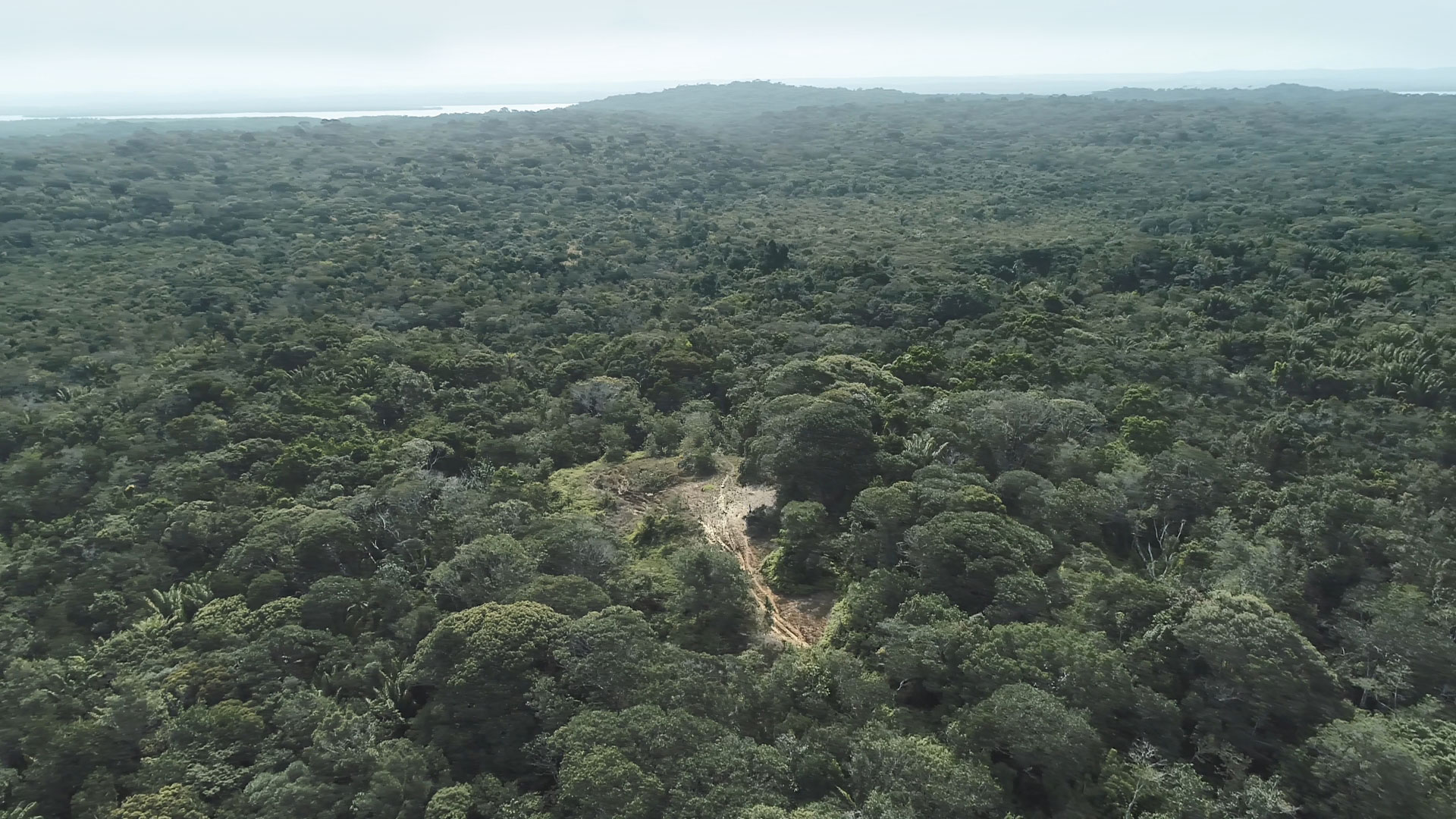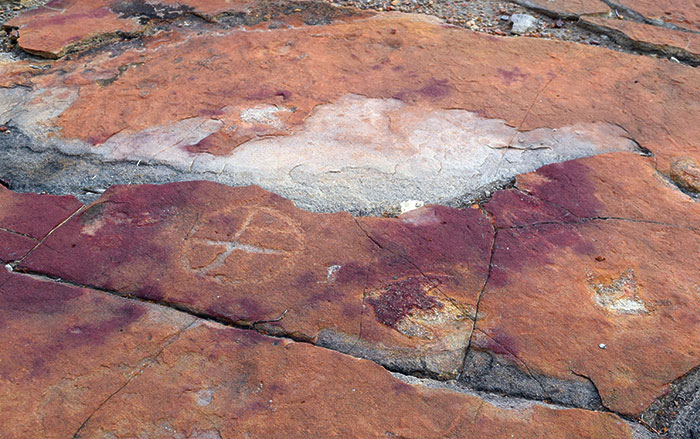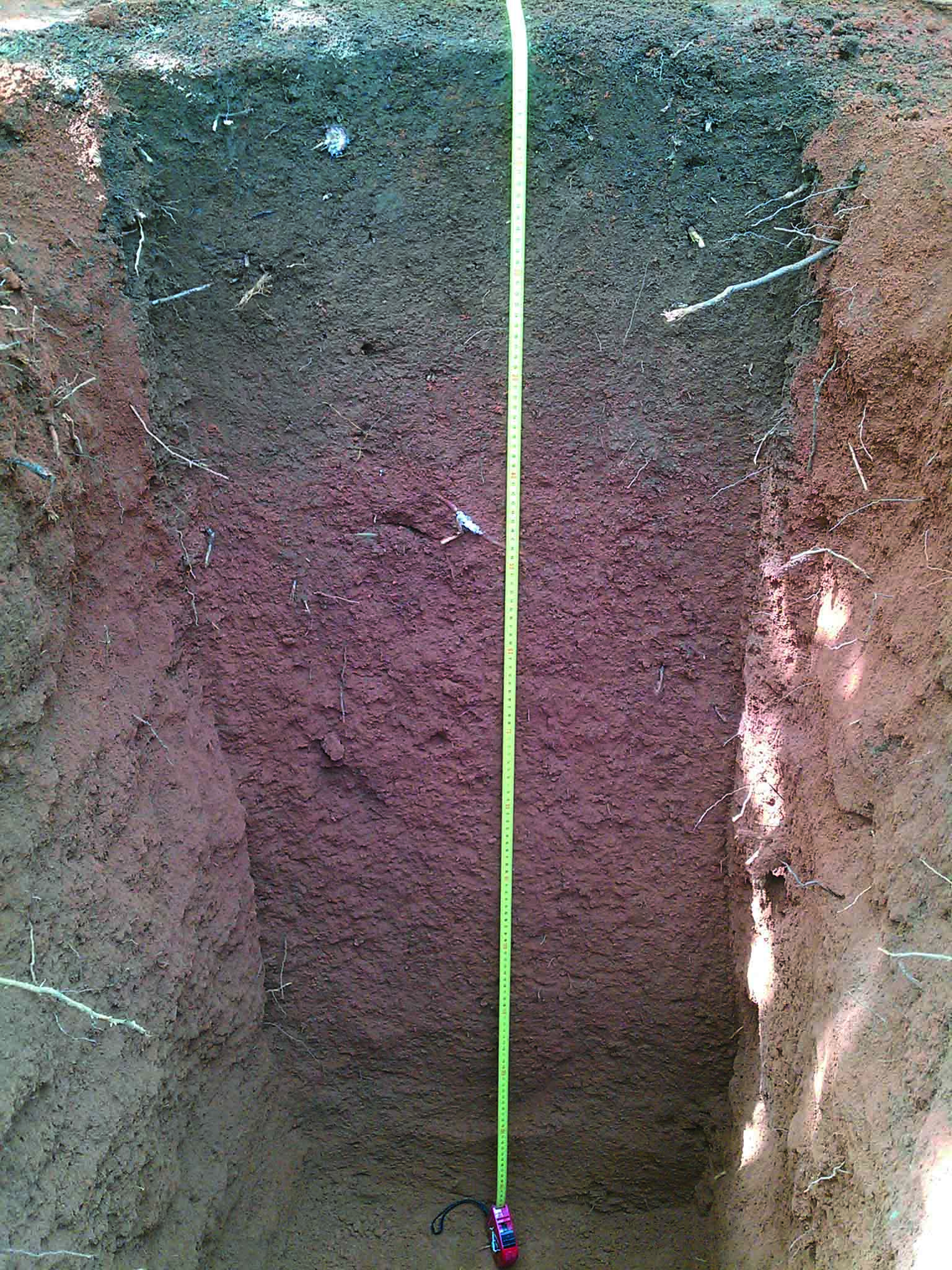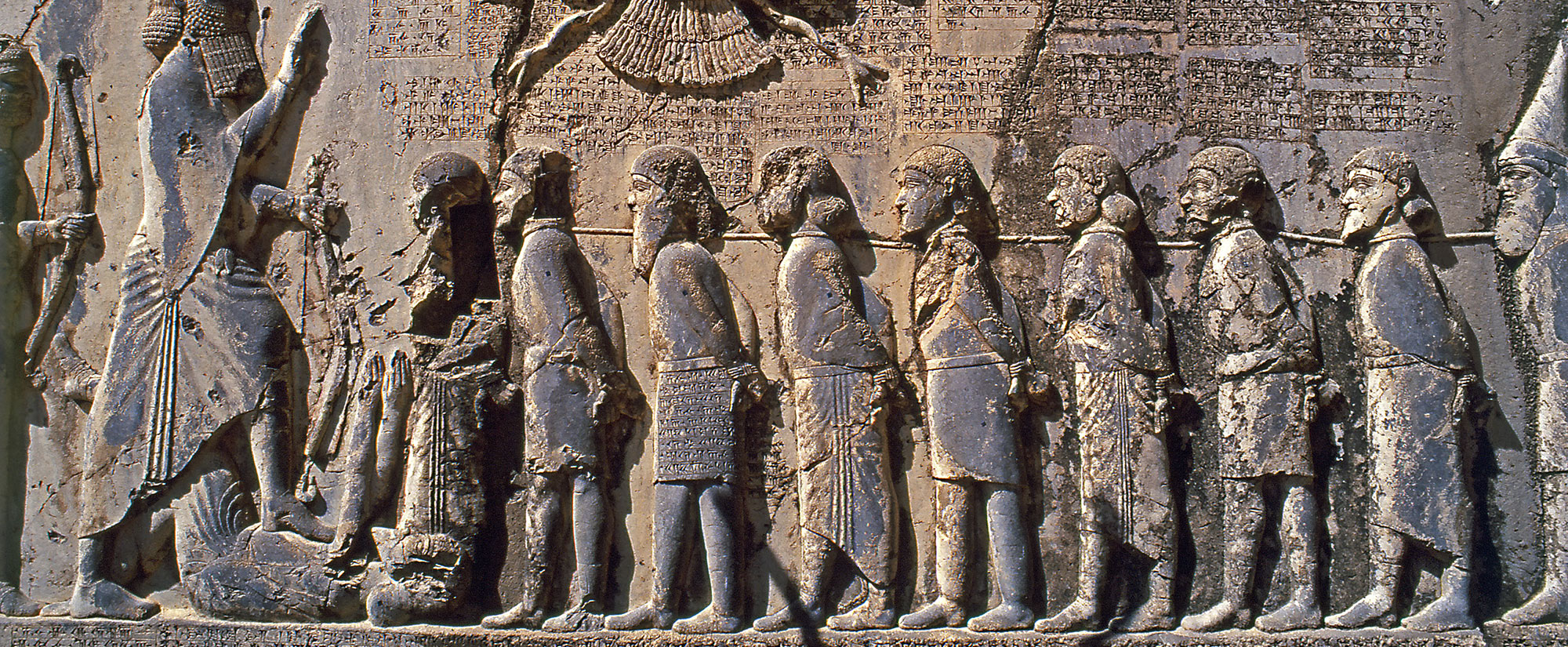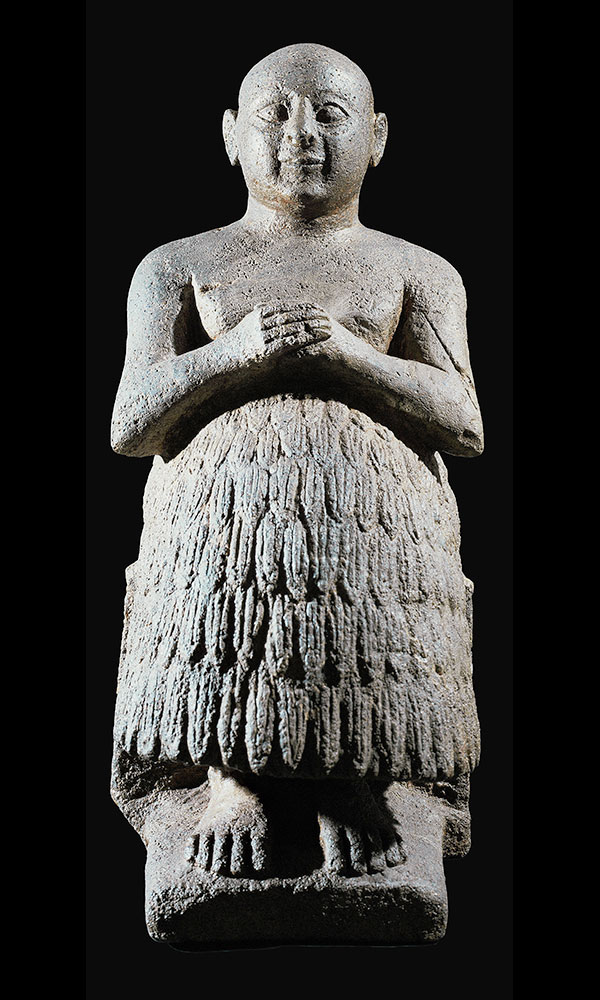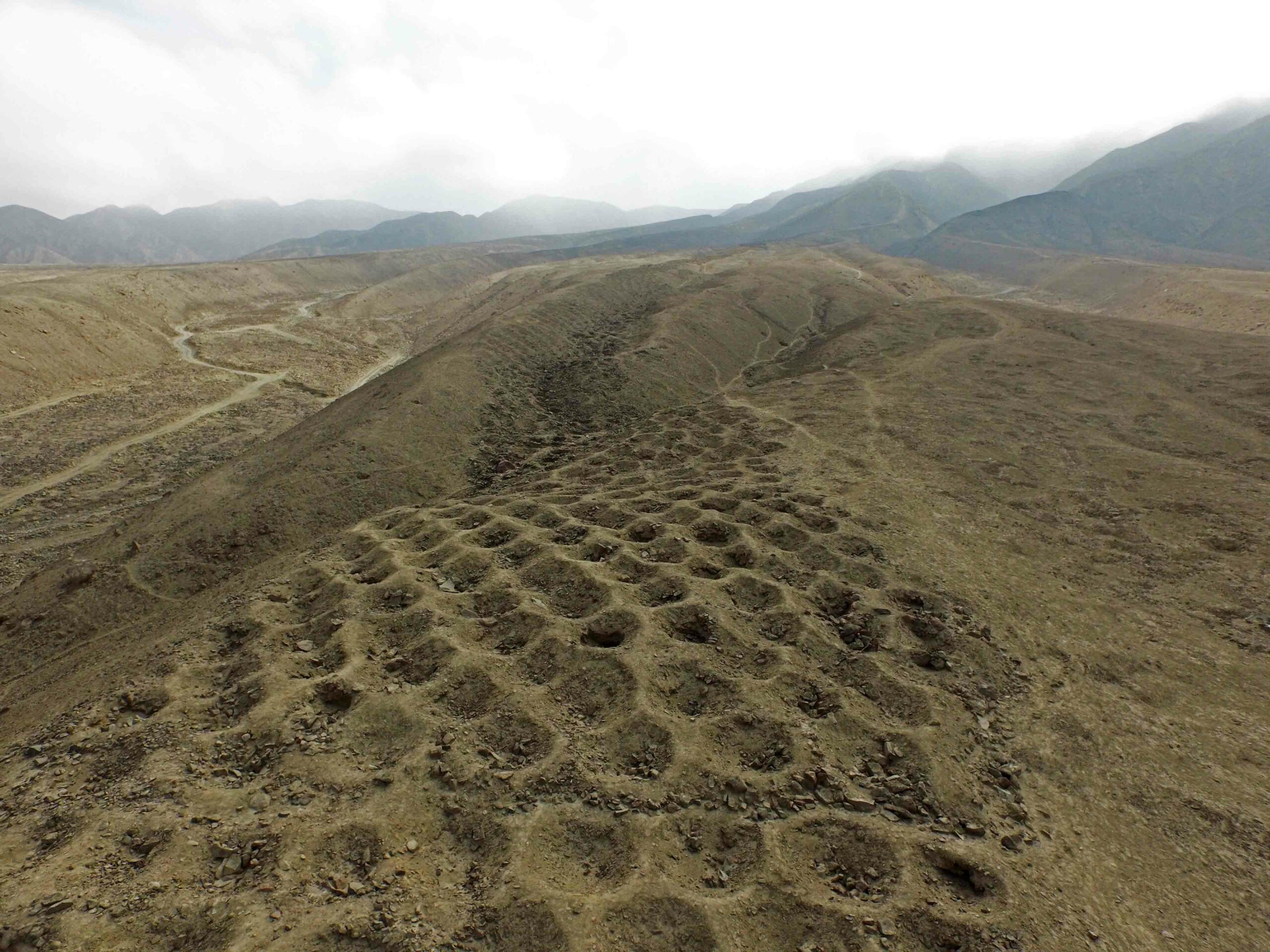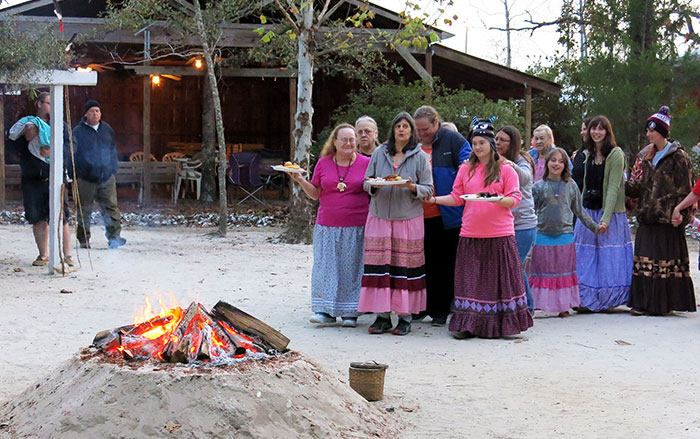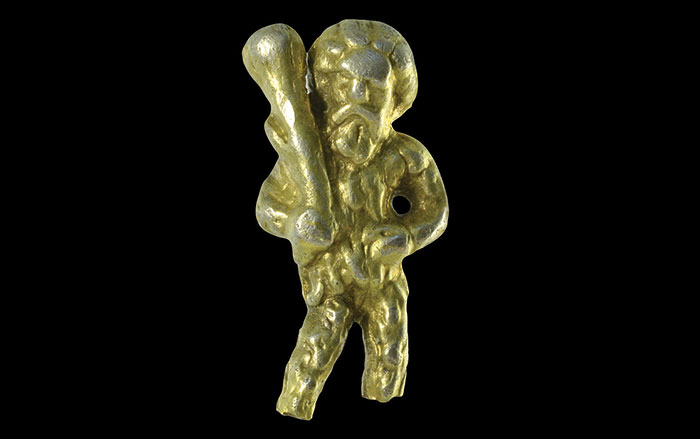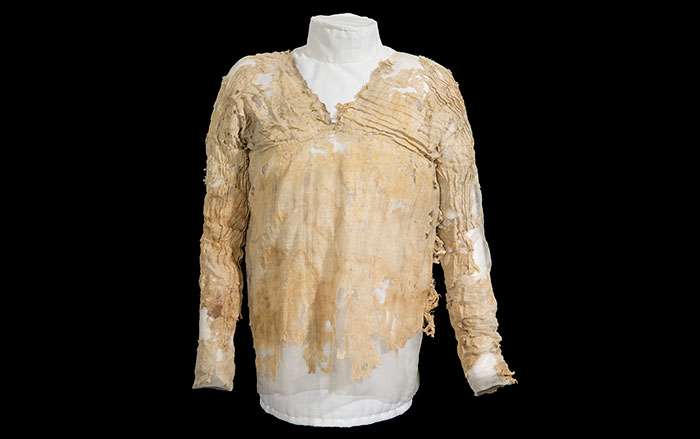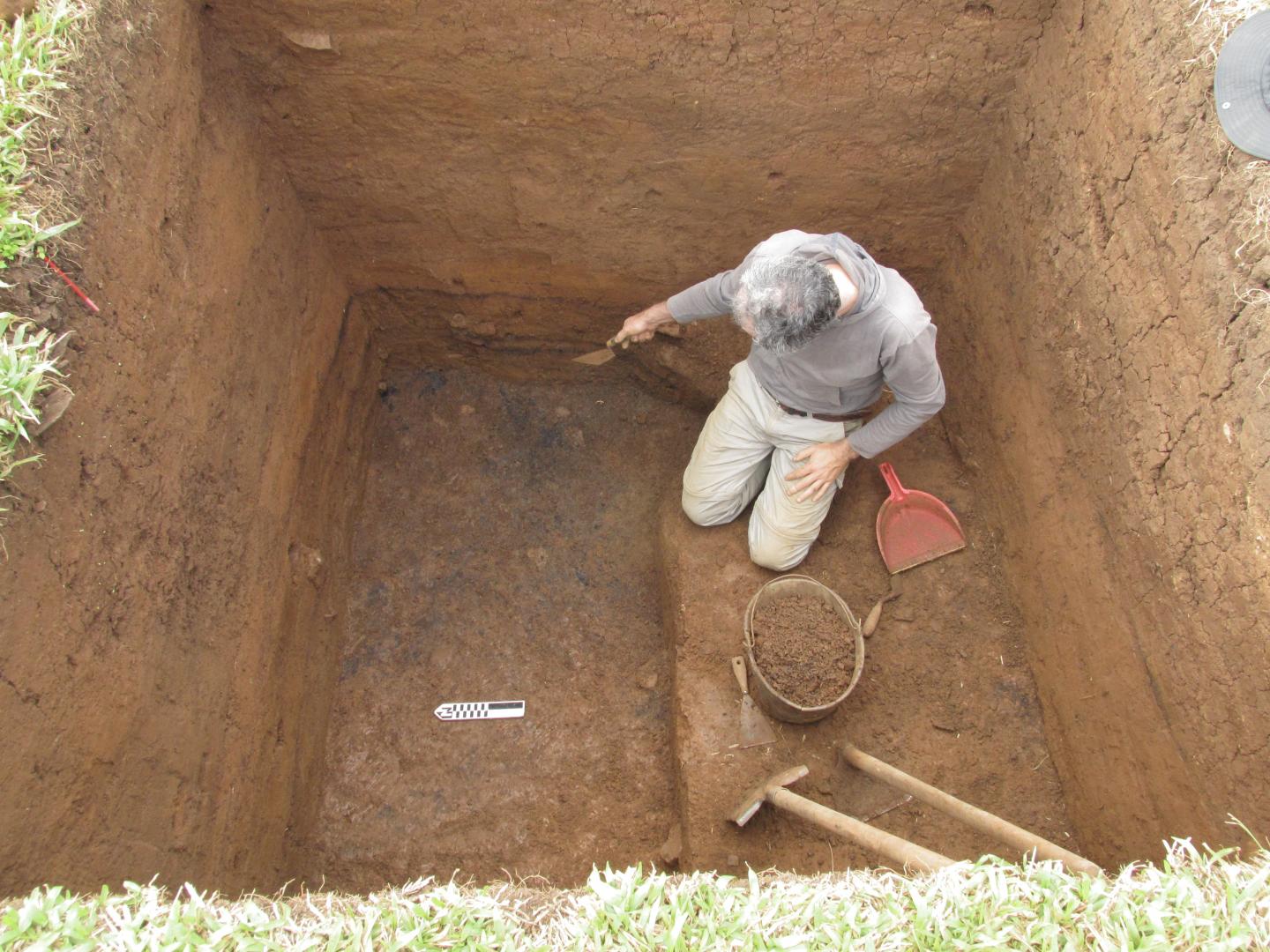
CAMPO BELO DO SUL, BRAZIL—A new analysis of pit houses in Brazil’s southern highlands suggests that the structures were occupied continuously for centuries. It had been thought that proto-Jê pit houses were lived in intermittently, but new radiocarbon dating and Bayesian modeling indicate that a dwelling in Campo Belo do Sul was occupied from 1395 to 1650. Researchers from the Universidade de São Paulo, the University of Reading, Unisul, and Central Universitário Univates, and the University of Exeter found 12 preserved floors in this house, five of which were covered by burned and collapsed roofs. Homes were also expanded outward as needed with different building techniques to complete the renovations as time passed. The team also found evidence that the proto-Jê cultivated plants, and had burial rites that suggest social hierarchies were in place. “We now know more about the way these groups lived, and are able to challenge the view, dominant until relatively recently, that these were marginal cultures in the context of lowland South America,” lead researcher Jonas Gregorio de Souza said in a UPI report. For more, go to "Off the Grid: Rio de Janeiro, Brazil."


